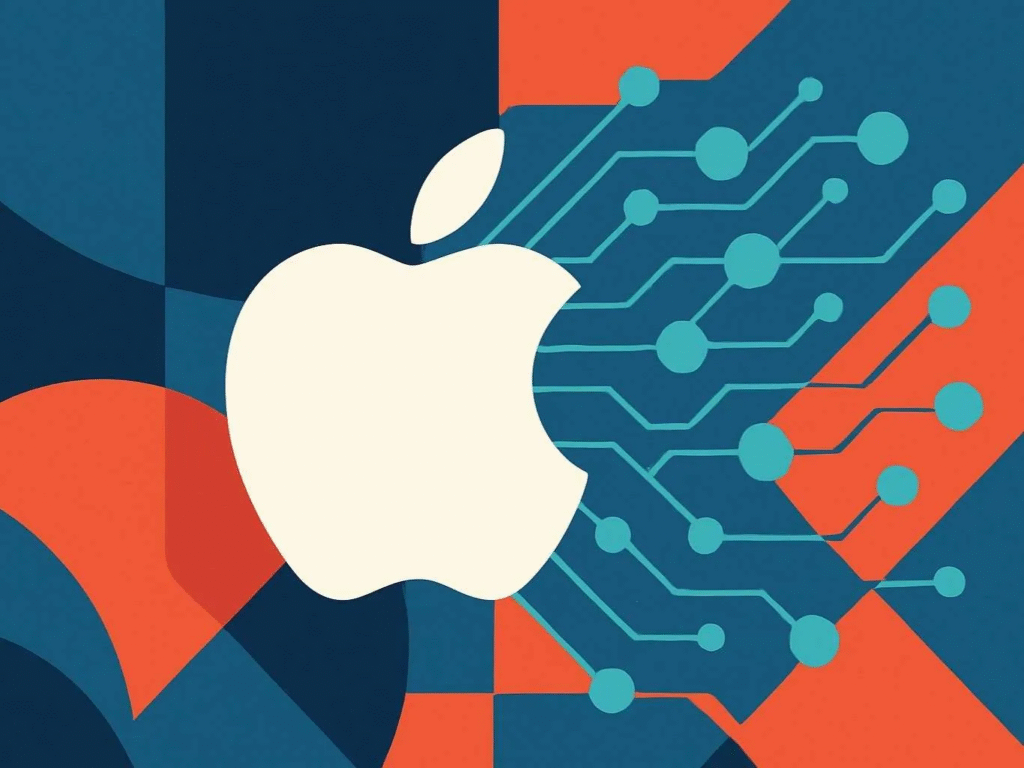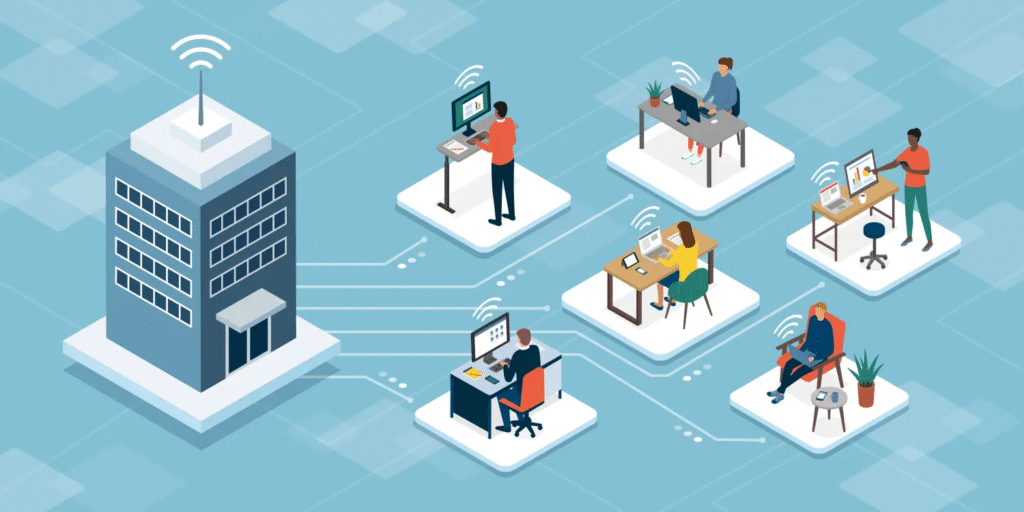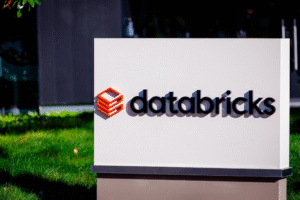Apple Prepares Enterprise-Level AI Controls: ChatGPT Configuration Coming September 2025
Apple is preparing to give businesses unprecedented control over how employees use generative AI. In its latest update, the company announced enterprise-level ChatGPT configuration options set to roll out in September 2025. This marks Apple’s most significant step yet toward making AI not just a consumer tool, but a trusted and compliant solution for the workplace.

Why It Matters
Generative AI has shown enormous potential in boosting creativity, productivity, and problem-solving. But for enterprises, innovation is only half the equation—security, compliance, and governance are just as critical. Apple’s new enterprise controls aim to strike that balance, giving organizations the ability to:
- Set access policies – Decide which teams or employees can use ChatGPT, ensuring only authorized staff have access.
- Configure restrictions – Limit prompts, block sensitive topics, or enforce compliance with company and industry regulations.
- Track usage – Monitor how often ChatGPT is used, identify trends, and flag potential risks in employee interactions.
- Integrate with workflows – Seamlessly embed ChatGPT into productivity apps like Mail, Pages, or Keynote, while maintaining oversight.
This balance of innovation and governance addresses one of the biggest hurdles for enterprise AI adoption: how to empower employees with powerful tools without losing control over sensitive company data.

Apple’s AI Strategy
Unlike Microsoft, which is pushing Copilot deeply into Office and Teams, or Google, which is weaving Gemini into Workspace, Apple has taken a more cautious and deliberate path. Rather than racing to introduce flashy consumer-facing AI features, Apple is carefully building an AI strategy around trust, privacy, and enterprise readiness.
By offering granular configuration and monitoring options, Apple positions itself as the “trusted enabler” of AI in the enterprise world. Its focus on privacy-first design and compliance-friendly controls could resonate strongly with industries where risk management is non-negotiable, such as finance, government, and healthcare.

Industry Impact
The introduction of enterprise-level AI governance is likely to ripple across multiple sectors:
- For IT managers: Less worry about employees using AI unsafely, since usage can be monitored and restricted within company policies.
- For enterprise adoption: A stronger green light for industries like banking, healthcare, and government—sectors where compliance is strict and AI adoption has been slow.
- For Apple’s ecosystem: This could strengthen Apple’s foothold in the enterprise market, an arena where Microsoft has traditionally dominated. The ability to control AI tools within the Apple ecosystem may encourage more businesses to expand their reliance on Apple hardware and software.

The Bigger Picture
Apple isn’t just adding AI features—it’s laying the foundation for a trusted AI workplace ecosystem. By giving enterprises the tools to configure, restrict, and monitor ChatGPT, Apple is sending a clear signal: AI at work should be powerful, but also responsible.
This move suggests that Apple’s long-term AI vision isn’t simply about keeping pace with competitors in consumer tech. Instead, it’s about establishing Apple as the go-to partner for secure, compliant, and enterprise-ready AI. If successful, this strategy could help Apple carve out a significant position in the rapidly growing enterprise AI market while reinforcing its brand as the leader in privacy and trust.






